The majority of Arizona’s rivers and streams are at risk of irreversible harm due to the loss of Clean Water Act protections. With the Trump Administration’s revision to the interpretation of the Clean Water Act (called the Navigable Waters Protection Rule) now in effect in Arizona, it is urgent that we continue the hard work of developing a state-level water quality program to protect our precious waterways.
The Navigable Waters Protection Rule dramatically reduces the number of waterways covered by the Clean Water Act.
In recognition of this, the Arizona Department of Environmental Quality is currently leading a process to create a state-level program to try to fill this gap. Audubon is at the table for this process, and we firmly believe the waterways determined to no longer be protected by federal law will need to be protected under state law—otherwise, they are at risk of pollution and degradation, impacting the habitat of the Yellow-billed Cuckoo and other birds, as well as the water supplies of Arizonans.
Places now at risk include: Aravaipa Creek, Cienega Creek, the San Pedro River, and many others. In fact, the types of waterways that will now need protection under state law include:
- Certain intermittent streams and springs (flow a portion of the year)
- Certain perennial streams and springs (flow year round)
- Ephemeral streams (flow only after precipitation events, but often support dense riparian habitat)
- Streams and rivers sustained by treated wastewater (think: Santa Cruz River through downtown Tucson)
- Canals used for public drinking water supply
- Lakes and ponds
- Wetlands
In the arid Southwest, much relies on sufficient and clean water: communities, birds, fish, farmers, livestock, riparian habitat, and the state’s booming outdoor recreational economy, to name a few. In order to protect our rivers, lakes, and streams, several elements should be considered in a state-level water quality program.
Water Quality Standards
Guided by the best available science, we should set water quality standards for the various uses of a waterway. Standards would differ depending on the use of the water. For example, a portion of a river that supplies drinking water to a community would have a different water quality standard than a portion of a river used for irrigation of agricultural crops.
Monitoring and assessment
The state needs to be able to determine if a waterway is not meeting water quality standards and use that information to inform future activities it allows (or does not allow) to occur, such as the discharge of pollutants into that segment of the waterway.
Restoration
For waterways not meeting water quality standards, there needs to be efforts to clean them up.
Permits for discharging into waterways
If someone is going to release pollutants, construction material, or treated wastewater into a waterway, they need to have a permit. The permit determines what someone can release into the waterway and what steps they need to take, if any, to minimize their impact, based on the water quality standards for that waterway.
Inspection and enforcement
To ensure that the requirements of a permit are actually met, there must be inspection and enforcement.
Clean water is essential to Arizona’s economy, communities, and the birds, fish, and other wildlife that rely on it. We must ensure healthy water supplies for generations to come.
This article was first published by Audubon on 5 August 2020. Lead Image: Belted Kingfisher. Photo: Michael Harvey/Audubon Photography Awards.
What you can do
Support ‘Fighting for Wildlife’ by donating as little as $1 – It only takes a minute. Thank you.
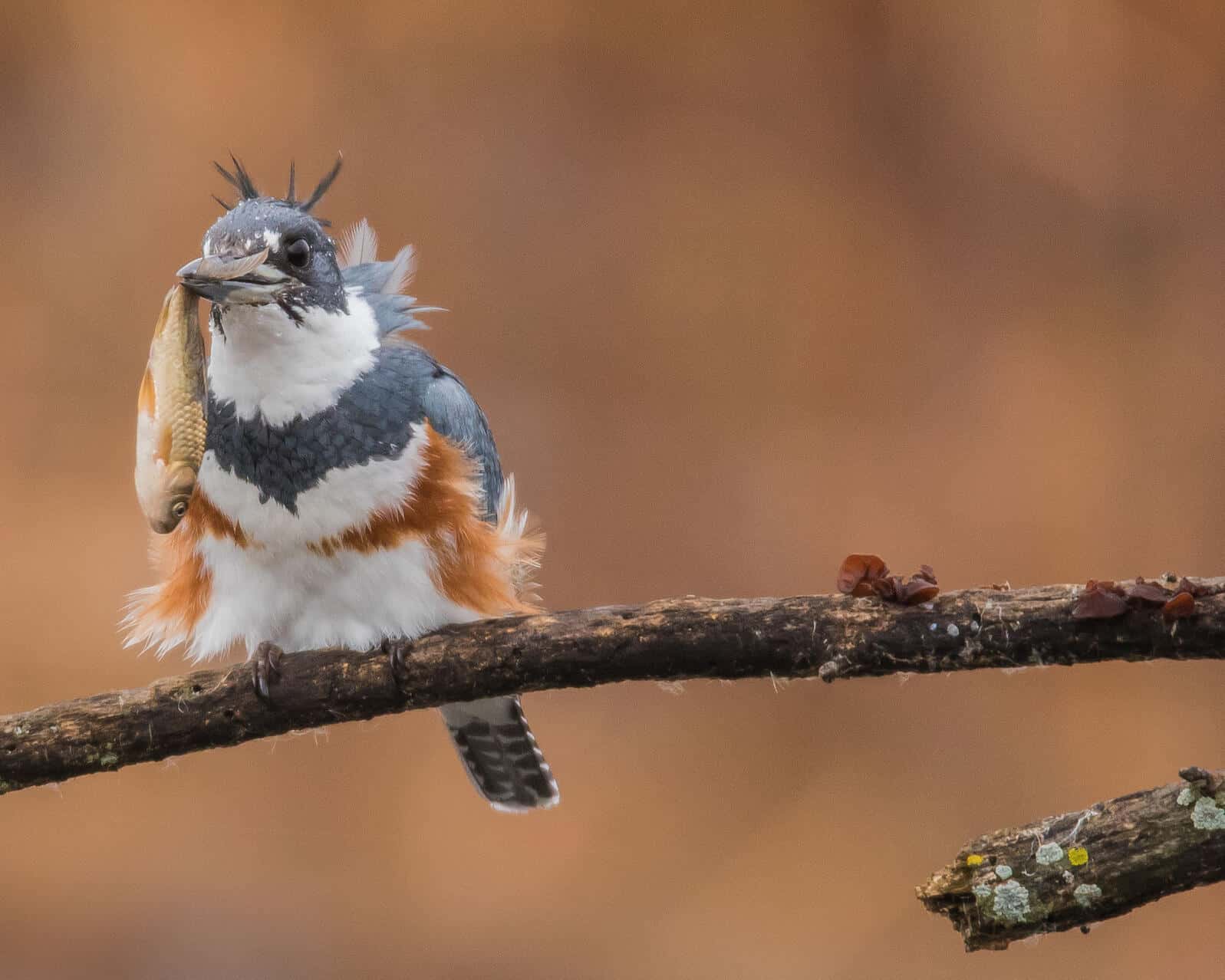
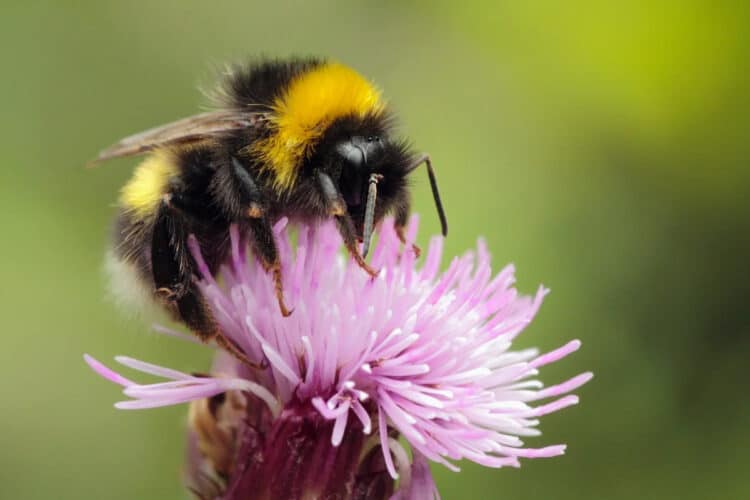
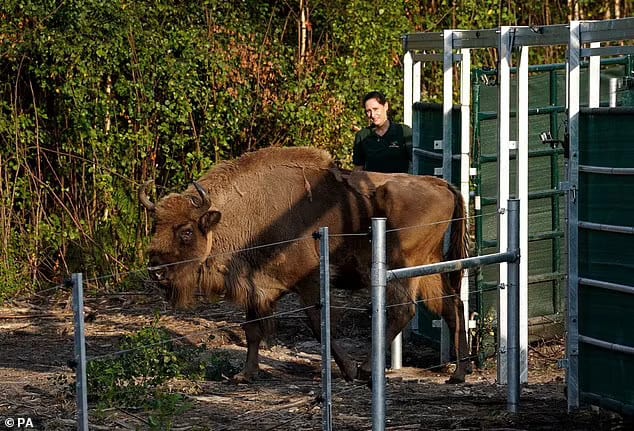
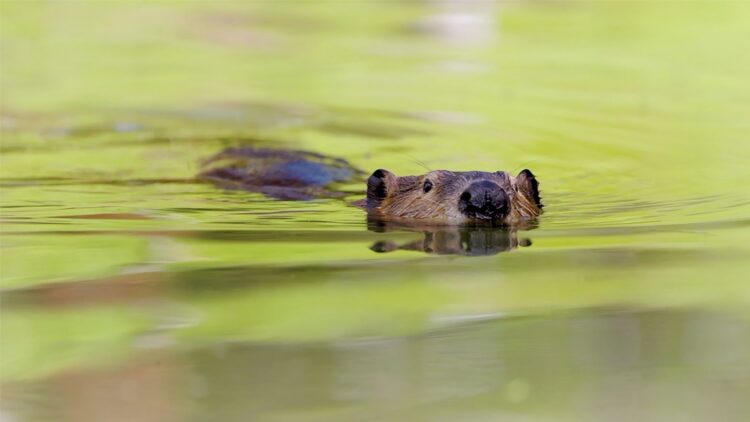
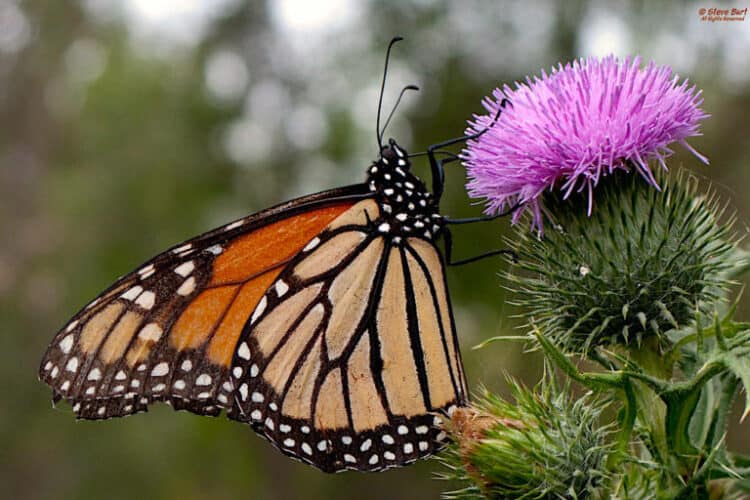
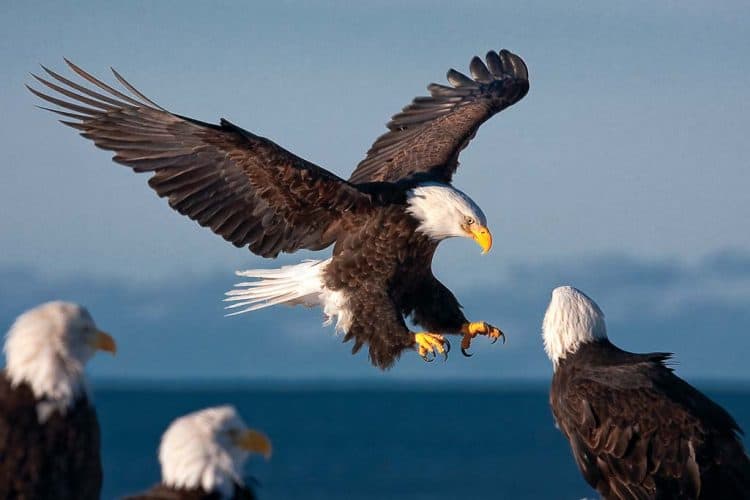
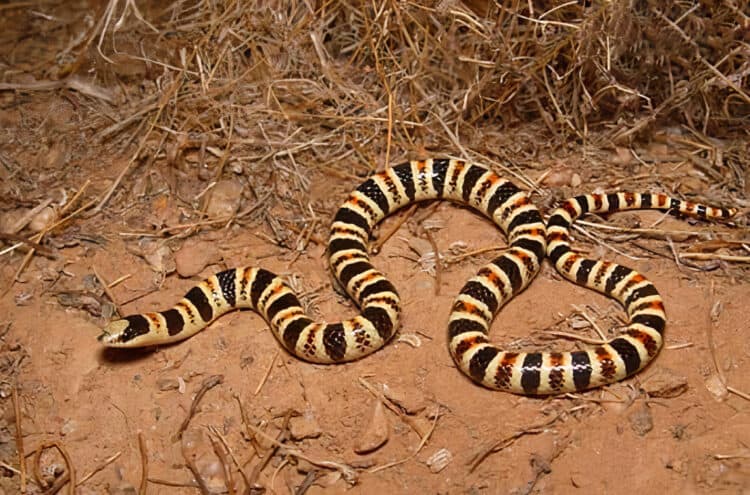
Leave a Reply